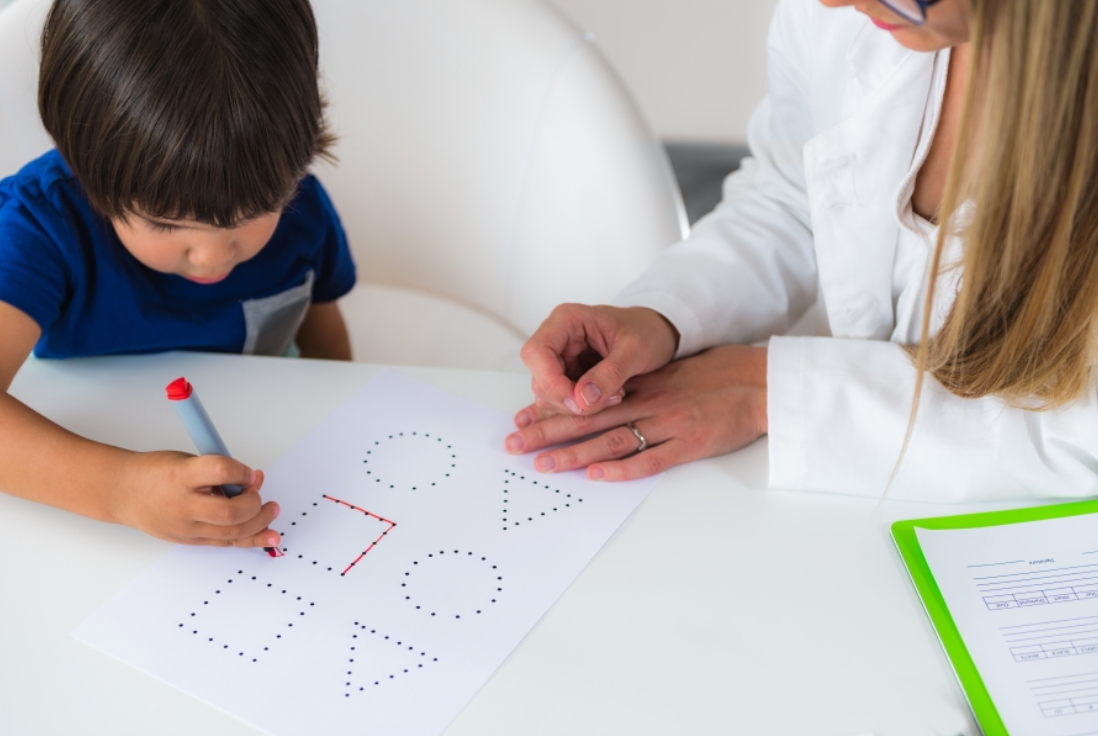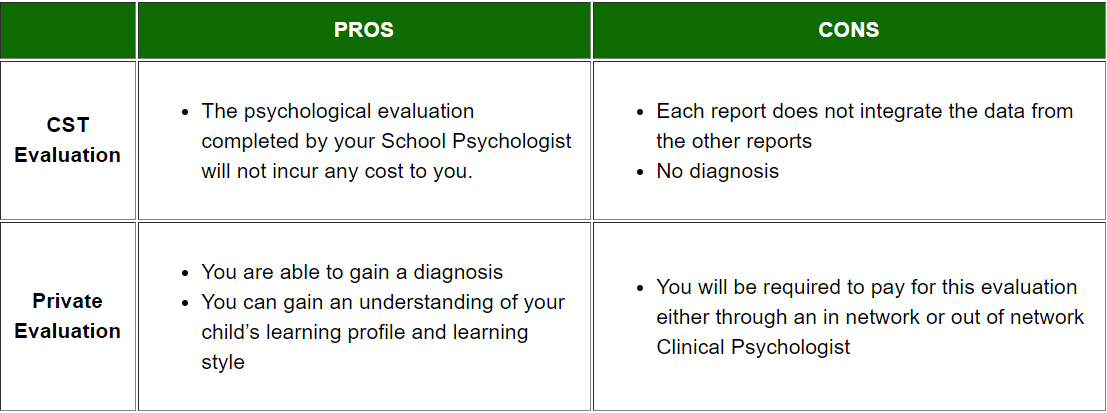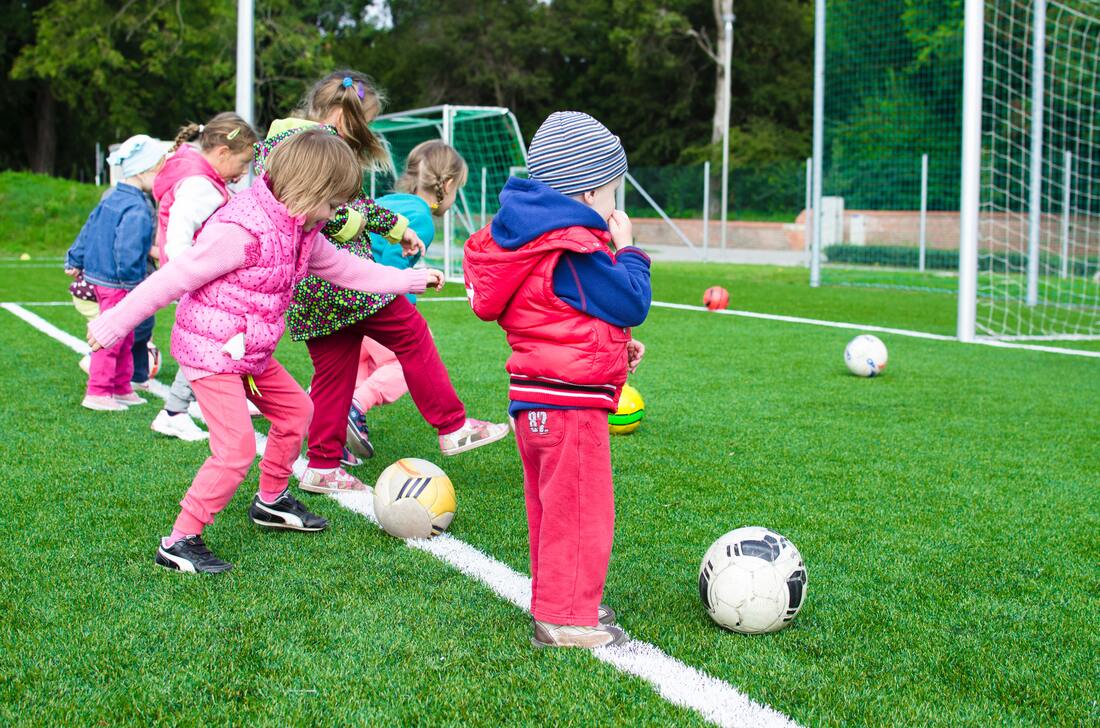Study abroad programs have a lot to offer. You’ll have the opportunity to meet new friends, make new connections and broaden your horizons by immersing yourself in a completely different culture.
If you have a physical disability, you shouldn’t let that stand in the way of all the great things a study abroad program has to offer. With the right precautions and preparation, you’ll be able to make the most of your experience.
Here is our guide on how you can set yourself up for success if you have a physical disability and are considering a study abroad program:
Choose Your Destination Wisely
Different countries vary in the resources and accommodations available to those traveling with a disability. While the US has regulations like the Americans with Disabilities Act that require businesses to provide certain accommodations such as wheelchair ramps and elevators, other countries may not have as robust of a system in place.
To minimize the chances of complications, choose a study abroad program in a country that’s particularly known for accessibility, like these 9 very wheelchair accessible locations overseas:
- Sydney, Australia
- London, England
- Vienna, Austria
- Barcelona, Spain
- Hong Kong
- Paris, France
- Ireland
- Amsterdam, Netherlands
- Melbourne, Australia
You can also consult with your university’s study abroad program office to get an idea of how wheelchair-friendly a country will be. They can fill you in on what to expect and what you’ll need to keep in mind to be fully prepared.
A few additional considerations they may speak with you about:
- Service animals: If you’ll be traveling with a service animal, you may need to find out if they’re allowed in public areas such as businesses and restaurants.
- Wheelchair ramps and elevators: If you’ll be using a wheelchair, you may want to do some research on the terrain. How difficult will it be for you to get around? Are there any laws requiring businesses to have wheelchair ramps, and can you reliably count on elevators being available?
- Medications: If you will be needing any types of medications, you’ll want to make sure your prescriptions are allowed by local law. If they are, will you have any trouble getting them refilled?
Image by: smolaw/Shutterstock









